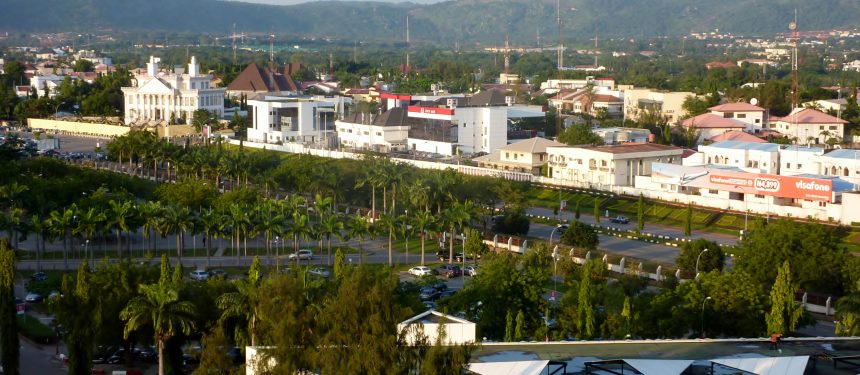Transnational education in Nigeria has “huge potential” and is expected to take off as the country stabilises politically, socially and economically, according to a report from the Quality Assurance Agency.
News and business analysis for Professionals in International Education
Have some pie!
Nigerian TNE offers “huge potential” for new ventures – QAA report
 About 95% of Nigeria's 30,000 UK-based TNE students are enrolled via distance learning. Photo: Wikimedia
About 95% of Nigeria's 30,000 UK-based TNE students are enrolled via distance learning. Photo: Wikimedia Commentators have indicated that regulations outlined in the report open the country up to new TNE ventures beyond open and distance learning, although branch campuses in Nigeria remain unlikely as they are considered financially risky.
Nigeria is currently the fifth largest host country for UK TNE, although 95% of the provision is through distance learning, the report explained.
One provider – Oxford Brookes – enrols 85% of TNE students from the country on its BSc in Applied Accountancy course.
“The National Universities Commission has recently developed guidelines for the regulation and quality assurance of ODL as well as other types of TNE including collaborative partnerships and branch campuses,” the report read adding, however, that the uptake by foreign higher education providers has been slow.
“This is arguably due primarily to the country’s political and economic uncertainty, as well as the lack of suitable infrastructure and a still developing quality assurance framework for higher education and TNE,” it explained.
“[It] is actually a very positive step in the right direction”
The NUC expects “significant growth” in applications for establishing private universities, and the national government has set out plans to expand the capacity of traditional universities, as well as strengthening the capacity for open and distance-learning delivery, the report continued.
For the short term, however, distance learning with local support will remain the predominant form of TNE, Fabrizio Trifiro, manager international at the QAA told The PIE News.
“As on-the-ground TNE grows, the new provision will focus on partnerships and projects that address local economic and skills priorities,” he said.
Oxford Brookes’ TNE provision has been successful for two main reasons, he explained: “First because it is based on a well-established distance learning study model, and secondly its partnership model with ACCA makes it the largest TNE provider by far in most countries, not just Nigeria.”
Lack of infrastructure, fee costs and instability have all contributed to a shortfall of on the ground TNE delivery, Trifiro continued, adding that that local private education also struggled to recruit due to affordability.
“Even those TNE players that could help with infrastructures (e.g. German TNE, which is more oriented towards supporting local development) have not seen locally-delivered TNE as a viable option.”
Trifiro said that Nigeria, renowned for its mismatch in demand and supply for higher education, has seen many students “seek higher education opportunities abroad”, with the UK traditionally being the most popular destination.
“The shape and form of future TNE provision in Nigeria will depend to an extent on local regulation,” he said.
“For example, there is currently a requirement for foreign universities to provide 30% of the academic staff for the intended program, and for students to spend at least two semesters at the foreign university’s campus.”
Nigeria has never set such clear guidelines or such an open environment for TNE before according to Eduardo Ramos, head of transnational education at Universities UK International.
“[It] is actually a very positive step in the right direction and they are aligned with what other countries offer in terms of TNE. We could go farther of course,” Ramos told The PIE.
Limits and barriers to physical presence will require providers to be creative in the way they develop TNE, he noted.
“It’s important to know that until quite recently not even distance learning was recognised in-country… [and] regulations were highly restrictive for TNE in-country, generally speaking.”
Additionally, the 30% staff requirement is not unusual, Ramos said: “It’s in line with what the Chinese government requires for joint study centres and joint programs in China.
“They do represent a step change in terms of the regulatory environment in Nigeria.”
However, for UK providers, setting up a campus in Nigeria remains high-risk, Ramos indicated, adding that along with a very stable regulatory environment, “branch campuses require the country to be politically and economically stable”.
A form of TNE such as study centres within local universities may be more likely, Ramos said.
“It’s less risky and also a more balanced approach because you’re engaging with local providers and building their capacity within their existing educational framework.”
Still looking? Find by category:


